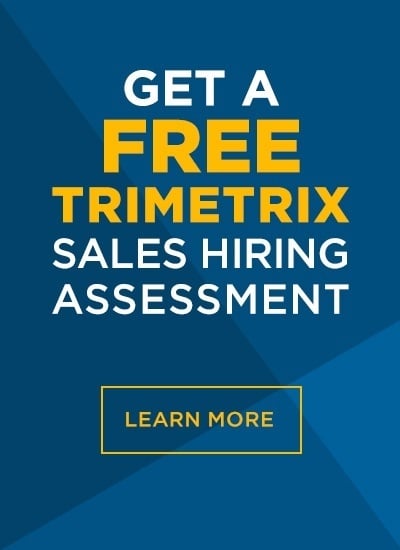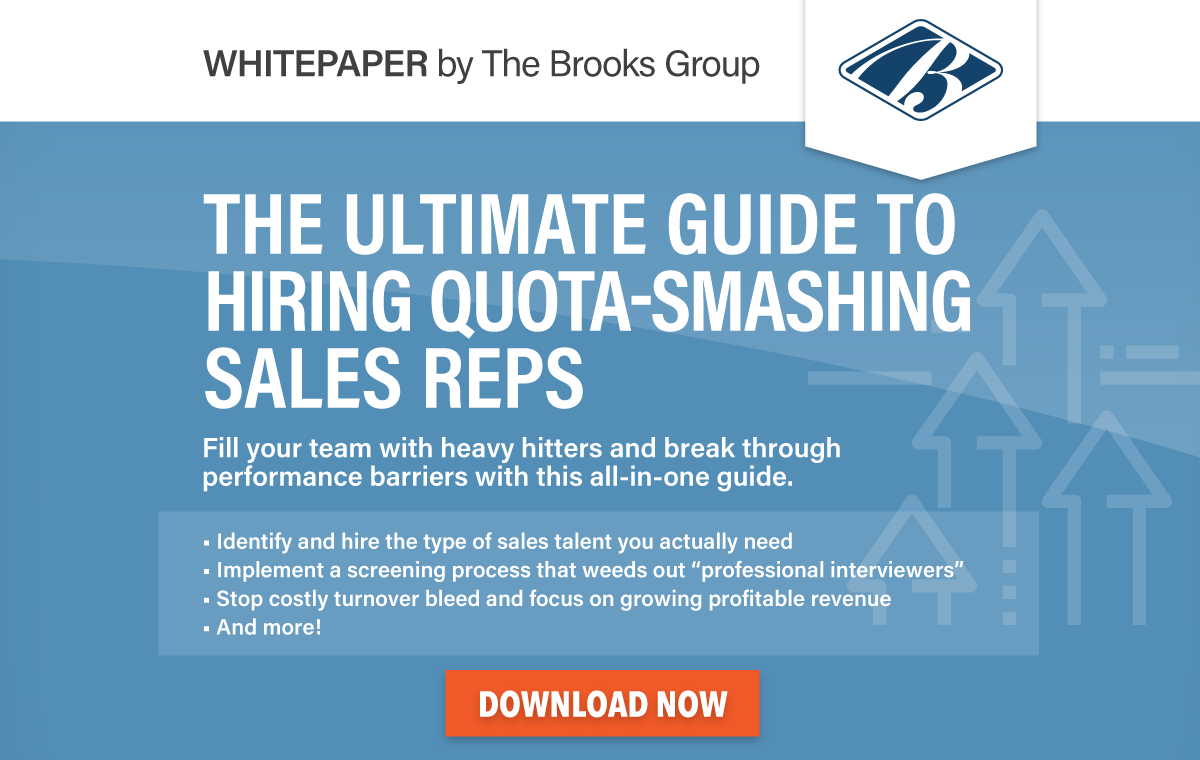When hiring for a sales position, the candidate’s reference check is often treated as a formality. That’s a mistake.
While it can be tough to get a professional reference to be honest about a candidate’s strengths and weaknesses, asking the right open-ended questions can yield valuable information to help you make the best sales hiring decision.
Start by asking applicants to provide at least two Manager references and two Peer references from a previous employer.
While checking in with each reference, open the conversation by asking them these standard questions:
- In what capacity did you know the candidate?
- What was the candidate hired to do?
- How would you rate their job performance?
- Why did they leave?
Once you have the basics covered, dig deeper with these 9 sales reference check questions.
1. How was this candidate’s relationship with peers on the team?
Most managers ask whether the candidate was a team player, and receive the standard “yes” answer, because referrals know that is expected.
Turning this into an open-ended question will reveal more information. In addition to WHAT the referral says, pay close attention to HOW they say it.
2. How was this candidate’s relationship with superiors on the team?
Like the question above, this may give you more information than you expect. Listen to both the words that are used and the unspoken clues.
Does the reference answer enthusiastically or cautiously? Is there hesitation before the response?
3. Who else on the team can I call that would say good things about this candidate?
You want a quick, enthusiastic response to this question. Anything else may indicate natural caution on the part of the reference, which could be a red flag.
If they can’t immediately think of a person who would be glad to refer your applicant, you might want to think twice about hiring them.
4. Was there anyone on the team that this candidate didn’t get along with?
This question acknowledges that everyone is more compatible with some people than others, and opens the door for the reference to discuss potential issues that might crop up on your own team.
Listen carefully to the answer and how it’s given. Does the reference have to think hard to name someone? Or is the response immediate? Does it seem there were multiple conflicts? Does she explain how the candidate handled the conflict?
5. In what environment would this candidate be most successful?
Ask this question before the next three. This provides the reference an opportunity to share an unguarded evaluation of what would be best for the candidate. Take careful notes and compare their description to the nature of your sales environment.
6. Why do you think this candidate will be successful in this specific role?
In order to ask this question effectively, you’ll need to have a clear vision for the role the new employee will be taking on. Describe the nature of the role in detail before asking the question.
7. How well does this candidate display these specific behaviors/characteristics?
Prior to calling referrals, take the time to identify critical success behaviors and characteristics you must see in a new hire.
Behaviors may include consistency in executing on assigned tasks, proactively performing revenue-generating activities, or responsively accepting feedback.
Characteristics may include determination, strong work ethic, ambition, drive, coachability, or anything else you identify.
Identify the top three behaviors and characteristics, and ask how well the candidate displays them.
8. Is There anything else you can tell me about this candidate?
This open-ended reference check question may yield nothing, or it may yield a trove of information. You won’t know until you ask!
If the reference seems unwilling to share more than the bare minimum, that too can tell you a lot about the candidate.
9. Would you rehire this candidate?
This final question may sound like a standard reference check question, but it’s included because it is extremely important.
Most referrals will answer this in one of two ways: An enthusiastic “yes,” or a cautious “yes.” You want to hear enthusiasm.
After the Sales Reference Check Calls
Once you’ve spoken to the applicant’s references/former employer, take the time to compare and contrast what you heard from each of them. Look for common themes and use the insight along with the other info you’ve gathered from the sales hiring process to make the best sales hiring decision.
Checking in with a sales candidate’s references is just one aspect of an effective hiring process. You’ll also need to be sure that you’re interviewing the candidate correctly, running a background check, and backing up your gut feelings with a scientifically validated assessment, such as Brooks Talent Index.
Brooks Talent Index combines three sciences into one system to reveal a candidate’s motivators, behaviors, communication style, and individual ability so you can match their true nature against the position you’re trying to fill. To learn more and receive a free assessment, click here.







